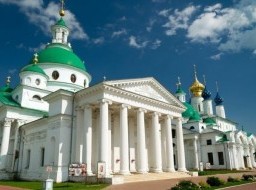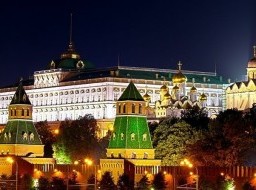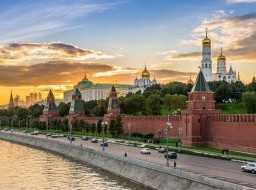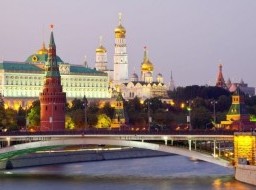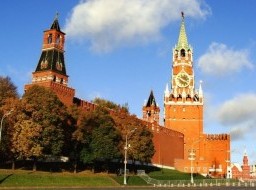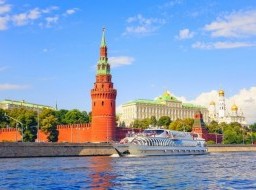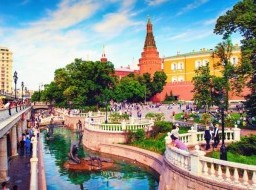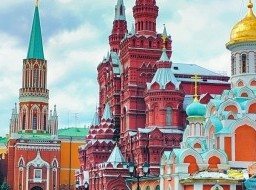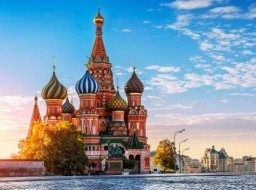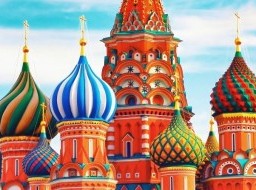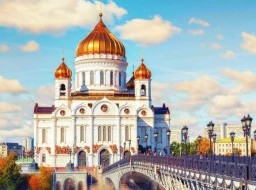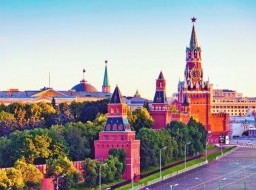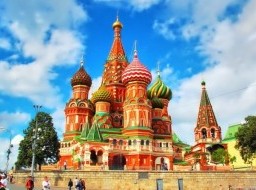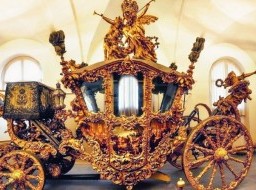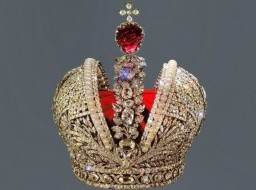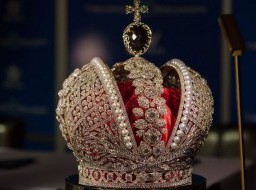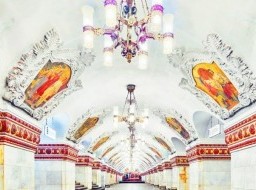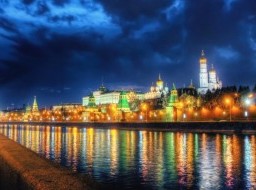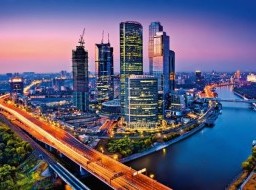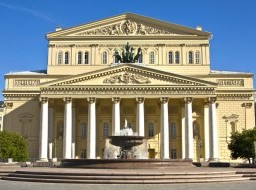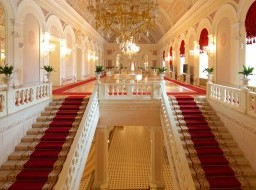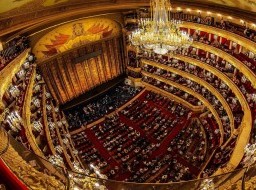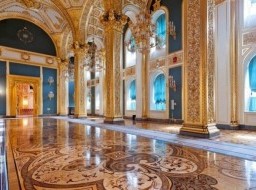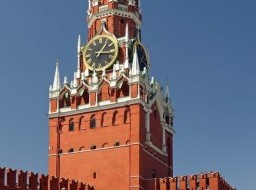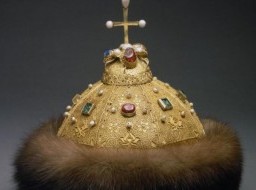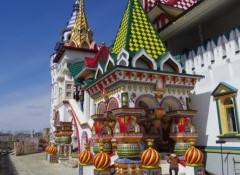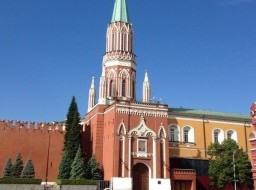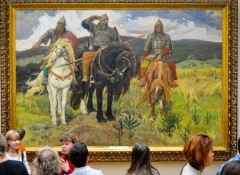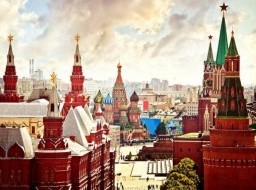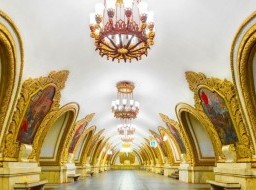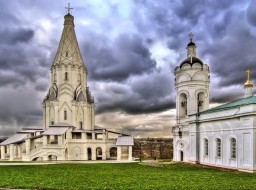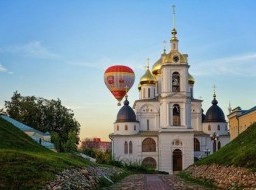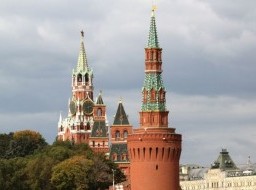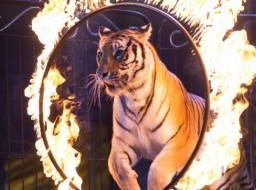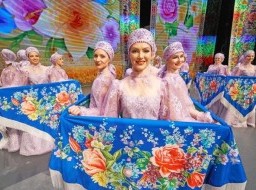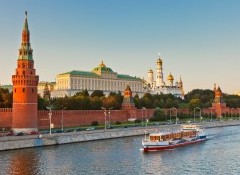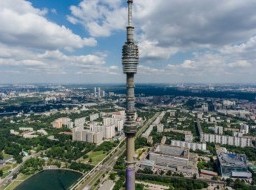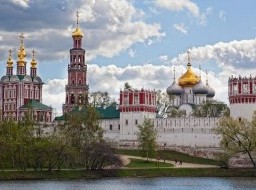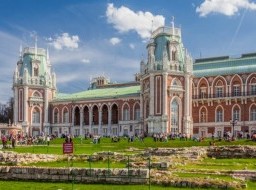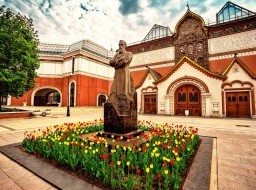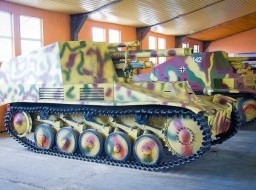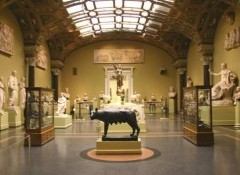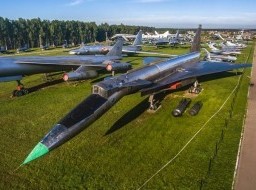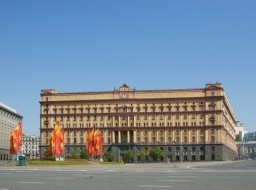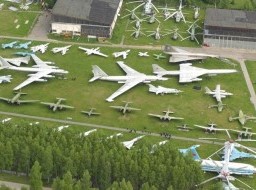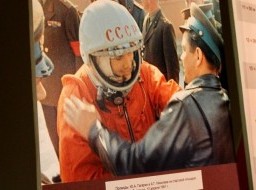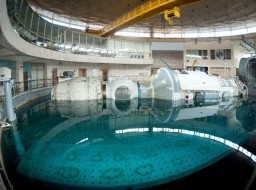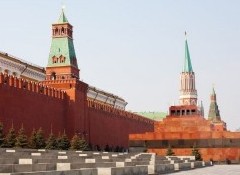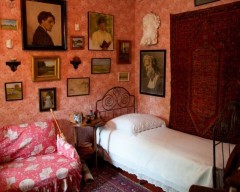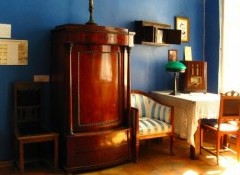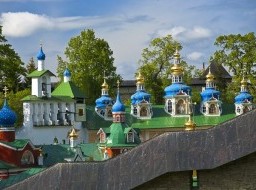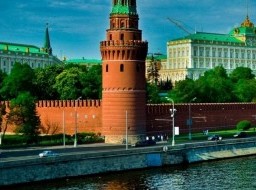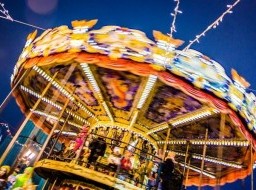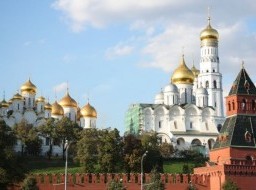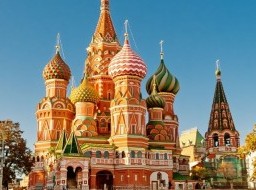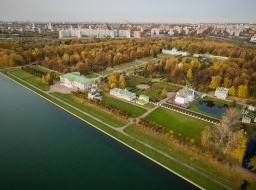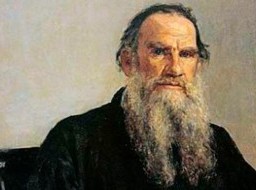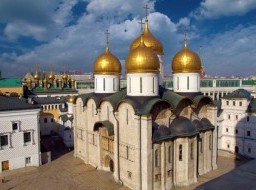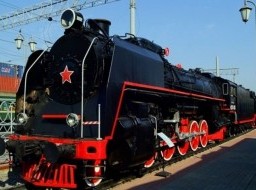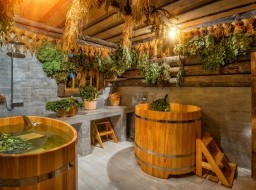Gorky Park
Gorky Park is the capital’s central park, with more than 40 000 visitors on weekdays and 250 000 on weekends and public holidays. Since 2011 the park has been setting new standards, becoming Russia’s first world-class park and a space for recreation, sport, dance and outdoor games. Gorky Park, located at Krymsky Val (ru) and situated just across the Moskva River from Park Kultury Metro station, opened in 1928. The park followed the plan of Konstantin Melnikov, a world-famous Soviet avant-garde and constructivist architect, and amalgamated the extensive gardens of the old Golitsyn Hospital and of the Neskuchny Palace, covering an area of 300 acres (120 ha) along the river. The history of the Neskuchny Garden can be traced back to 1753, when it emerged in the area between Kaluzhskaya Zastava and Trubetskoy Moskva river-side estate. The neighboring area to Neskuchny Garden, from Krymsky Val to Neskuchny Garden, received little attention right up until the 1920s. Initially it was covered with park gardens, meadows and vegetable gardens belonging to the owners of neighboring estates. It formed a wasteland by the end of the 19th century, and served as a waste heap. The First All-Russian Agricultural and Handicraft Industries Exhibition opened in 1923 on the wasteland that had been cleared during the course of communist community work days. A resolution for the exhibition was passed on 19 October 1922 and the exhibition opened one and a half years later on 19 May 1923. After bidding for the exhibition's layout plan, which proposed four arrangements — Sokol, Khodynskoye Pole, Petrovsko-Razumovsky park and the river areas near Krymsky bridge — preference was given to the last option. On 15 March 1928 by a resolution of the Presidium of the Moscow Council, the Agricultural and Handicraft Industries Exhibition was enlarged and transformed into the Central Park of Culture and Leisure — the country’s first park of its kind, which was referred to as an outdoor "cultural enterprise". In 1932 the park was named after M.A. Gorky. The idea of a need for a central park of culture and leisure in Moscow arose in the late 1920s in relation to Moscow's reconstruction with notions of a socialist "city of the future". |
|
